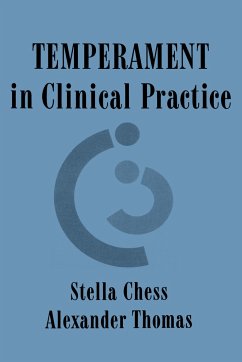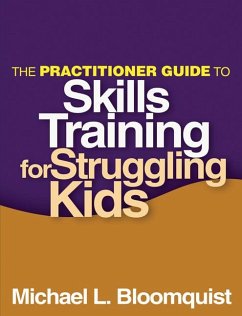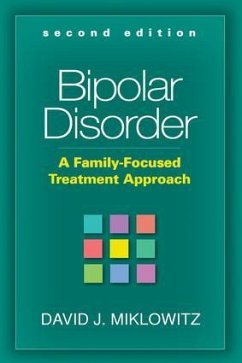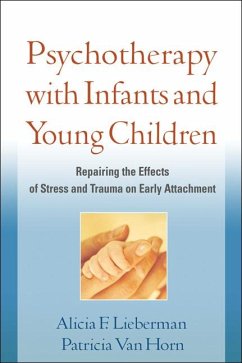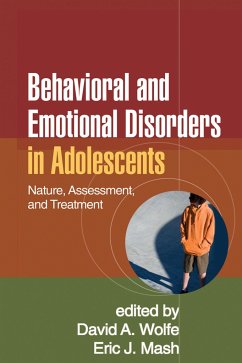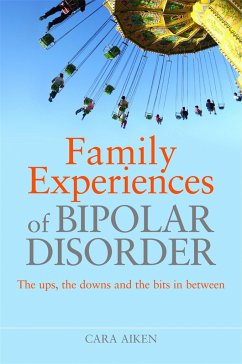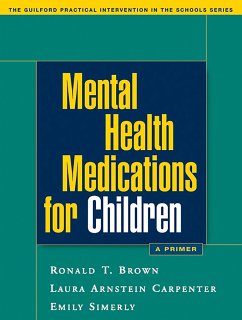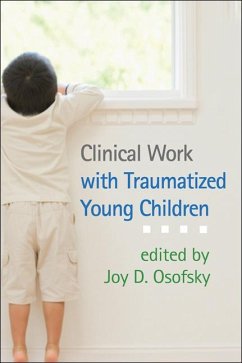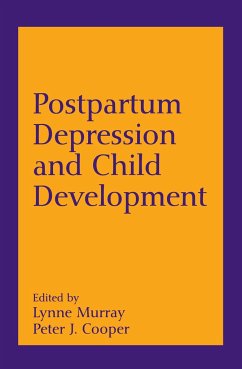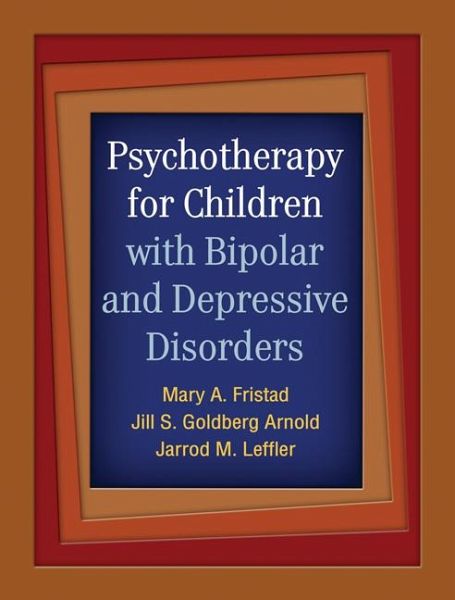
Psychotherapy for Children with Bipolar and Depressive Disorders
Versandkostenfrei!
Versandfertig in über 4 Wochen
54,99 €
inkl. MwSt.

PAYBACK Punkte
27 °P sammeln!
Packed with ready-to-use clinical tools, this book presents the first evidence-based psychosocial treatment for school-age children with bipolar disorder or depression. Leading clinician-researcher Mary Fristad and her colleagues show how to integrate psychoeducational strategies with cognitive-behavioral and family therapy techniques. They provide nuts-and-bolts information for implementing the approach with individual families or groups. Kids learn to identify and manage mood states while parents learn essential skills for problem solving, crisis management, improving family functioning, an...
Packed with ready-to-use clinical tools, this book presents the first evidence-based psychosocial treatment for school-age children with bipolar disorder or depression. Leading clinician-researcher Mary Fristad and her colleagues show how to integrate psychoeducational strategies with cognitive-behavioral and family therapy techniques. They provide nuts-and-bolts information for implementing the approach with individual families or groups. Kids learn to identify and manage mood states while parents learn essential skills for problem solving, crisis management, improving family functioning, and collaborating with schools and mental health systems. In a large-size format with lay-flat binding for easy photocopying, the book features nearly 100 reproducible handouts and children's activities.




